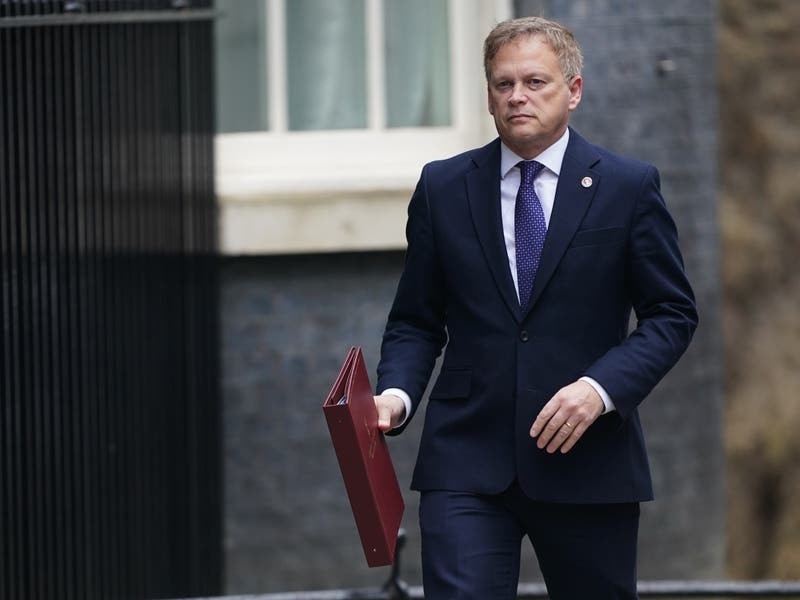By John Henwood
It was the first Earl of Beaconsfield who was famously dismissive of those who prognosticate through the use of numbers when he said, ‘There are three kinds of lies: lies, damned lies and statistics’. Better remembered as Conservative Prime Minister Benjamin Disraeli, he was a master of the apophthegm many of which were sharp and aimed at his great political rival William Gladstone. Sam Clemens (aka Mark Twain) took up the phrase when he said of statistics, ‘They often beguile me particularly when I have the arranging of them myself, in which case the remark attributed to Disraeli would often apply with justice and force.’
If Twain was smart when it came to using numbers to support a favoured proposition, what are we to make of the statisticians who wrongly predicted the population of Jersey would by now be much greater than the 2021 census confirmed?
There will always be a margin for error in any projection, but the 2019 estimate led us to believe the population would be a tad below 108,000. It’s quite hard to explain away such a discrepancy, but our chief statistician said that they had carried forward existing trends which turned out to be wrong. He also blamed Brexit and Covid.
I’m no authority, but aren’t these numbers experts supposed to factor in the possibility of events, known and unknown? The effect of the pandemic was unknown, but that’s not the case with Brexit and anyway, I can’t think of a decade during my lifetime when there hasn’t been at least one major event that has had a huge effect on the economy. And the economy is the single biggest factor in the shifting tide of population.
So the statisticians got it wrong, does it really matter? In this instance it mattered, in spades. The publication of the predicted population was like pouring petrol on smouldering embers. There have been rumblings about our growing population for about as long as I can remember and telling the drawbridge brigade that the population would be 108,000 in 2021 was enough to send them into paroxysms of anguish. Letters to this newspaper called for a zero-growth policy, an absolute ban on immigration and even a suggestion that the prediction was an underestimate. I recall one correspondent writing words to the effect that the powers that be knew that the population was already 110,000. Against this background a mature, reasoned debate on population became difficult and government struggled with repeated allegations of failure to come up with a policy.
There will be time enough to pick through the details of the census, with the second tranche of data yet to be published, but there was enough in the initial release to reflect on. First, why was the political, public and media response so muted? All were expecting a bigger number and it seems some were actually disappointed that growth over ten years had been so limited. In my view, it was good news which, as we know, never plays quite as well as bad.
Over two thousand more were born here than died. How do the zero-growth promoters reconcile that? It is an important statistic in itself and, put together with the decline of economically active residents (a sharp increase in what the experts call the dependency ratio) it suggests there is going to be a very long period when the financial burden on the working population will continue increasing until the pips squeak.
Rod McLoughlin’s report on the census suggested, ‘As politicians absorb the data, attention is likely to focus on improving population forecasting in the future’. Amen to that. However, one hopes it is not just our current crop of lawmakers who are reflecting on the census; the headline number may have taken some of the heat out of the pre-election topic of population while turning the temperature up on the housing crisis.
In just 54 days all those whose names are on the electoral register by the day after Liberation Day will be entitled to cast their votes for individuals to serve in the States for the next four years. Someone asked recently when democracy had died. One can understand the question, such is the frustration felt by so many who see the Island they love slipping into a place they no longer understand or even recognise.
The good news is democracy is not dead. If it seems poorly that may be because so many of those who complain about a democratic deficiency fail to exercise their own democratic right. Here’s how it works. On election day we vote for those candidates we believe will best represent our views. Almost the first action of those elected is to appoint a chief minister from among their number then to approve or not his or her choice of ministers. If they don’t like the chief’s choice they can appoint someone else. If as individuals we don’t like the choice of chief minister or any other minister it may be disappointing, but that’s how our parliamentary democracy works.
In my view the problem is not a lack of democracy, it lies more with the candidates who come forward and the ones we choose to vote for. Better quality representation will give us more effective government. At the time of writing, too few new candidates have come forward and I fear, despite optimism about our ability to change things, we’ll wake on 23 June to the same old same old.
There’s still time, nominations don’t close for a fortnight. We urgently need more people with a proven track record of ability, experience, success, sound judgment, common sense and energy to stand up and offer those qualities to the service of our island.
I’ll end with another, much older quotation. ‘People get the government they deserve. If we want to know what’s wrong with our nation, we need to look in the mirror.’ I believe the people of Jersey deserve better.






